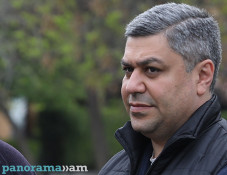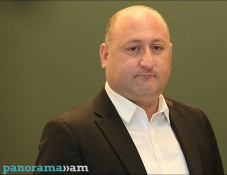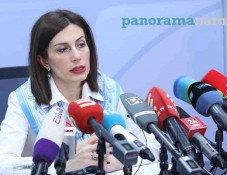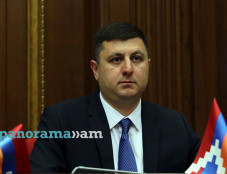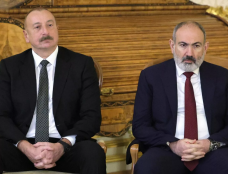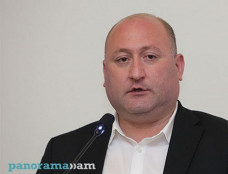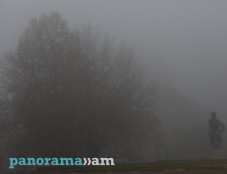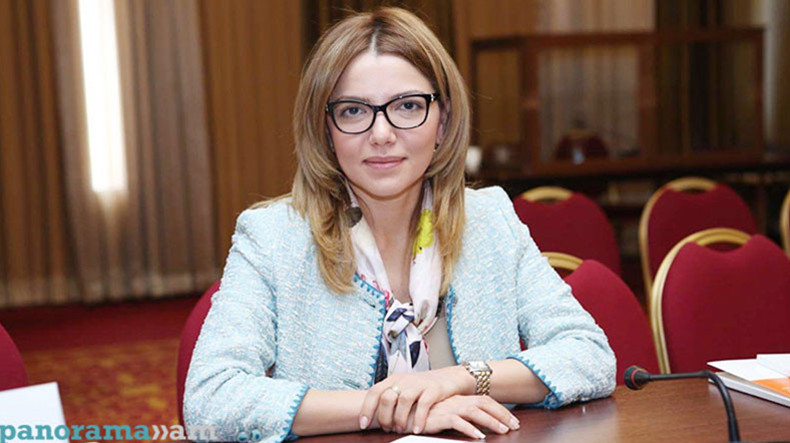
Expulsion of Russian diplomats: A diplomatic victory for Britain or simple arithmetic?
After more than 20 countries decided to expel around 150 diplomats in solidarity with the United Kingdom, many experts hurried to speak about the diplomatic victory for the Great Britain in this stage of the decades-long British-Russian competition.
An impressive and unprecedented move of unity against Russia in support for the UK, which caused big public resonance and undermined Russia’s international image – what else could Theresa May, the prime minister of the country tangled in the Brexit talks and facing an isolation danger from Europe, need to speak about a victory and restore her confidence in the public eye.
In fact, expelling Russian diplomats, though they are suspected of being involved in spy activities, is a symbolic move no matter how dramatic it appears. After the poisoning of former Russian double agent Sergei Skripal, 66, and his daughter, Yulia, 33, in the English town of Salisbury, British authorities announced that its own citizen was subjected to a chemical attack, and expected the support of its allies to face the Russian threats.
No matter how big the desire of the UK’s allies (some of them even have hostile attitudes towards Russia) is to curb Russia’s advancement, no rational country is ready at the moment to enter into a military conflict with Russia, the president of which never misses an opportunity to refer to the issue of nuclear weapons and his readiness to apply them.
Thus, this time it was decided to retaliate Russia with sympolic means, which is not likely to be efficient. If the economic sanctions and the tiresome arms race do not prevent Russia from disputing today’s world order, the expulsion of some spies working under the diplomatic cover should not be a big deal for the Russian authorities. They will count the number of expelled diplomats, will themselves expel an equivalent number of diplomats and will announce a couple of bitter words over the Anglo-American imperialists to turn the page.
Russia acts from the position of force in international relations, demanding to accept it as a major and powerful state. The country is trying to restore the power of the Russian Empire and does not hesitate to take unilateral steps and use force on that path. History will show how much they will succeed. But it is noteworthy in this respect that Russia is not the only one in terms of giving priority to the use of force in the international arena, with the United States as its biggest example.
The paradox is that through its self-centered and unilateral steps, the United States, as the guardian of the current world order, encourages the actions of revisionist states that ideologically criticise and threat the liberal order. Russian is among such states that plays with the boxing rules in the international relations, and the expulsion of diplomats is similar to the whistles from the fans of a boxer against his opponent who inflicts a serious blow to him.
It seems ridiculous, but this kind of support is beneficial for those British allies who have no desire to completely sever ties with Russia. Declaring a couple of diplomats persona non grata is a relatively “harmless” means to show solidarity with the UK and send a strong message to Russia. Well, and the United States needs to show itself as the number one and the most powerful country in the world by expelling 60 diplomats.
Such tools of the “soft power” are not likely to leave a significant impact on Russia’s workstyle. They will hardly return Crimea to Ukraine, recognize the independence of Abkhazia and South Ossetia, or stop supporting Syria’s Assad.
However, this collective diplomatic pressure may have some short-term impact, given the possible boycotting of the upcoming 2018 World Cup to be hosted by Russia.
Related news
- NATO expels 7 Russian diplomats, limits size of mission
- Tusk: 14 EU countries expel Russian diplomats
- OSCE PA President Tsereteli says ‘deeply concerned’ by Skripal poisoning case
- Britain expels 23 Russian diplomats over ex-spy's poisoning
Newsfeed
Videos





